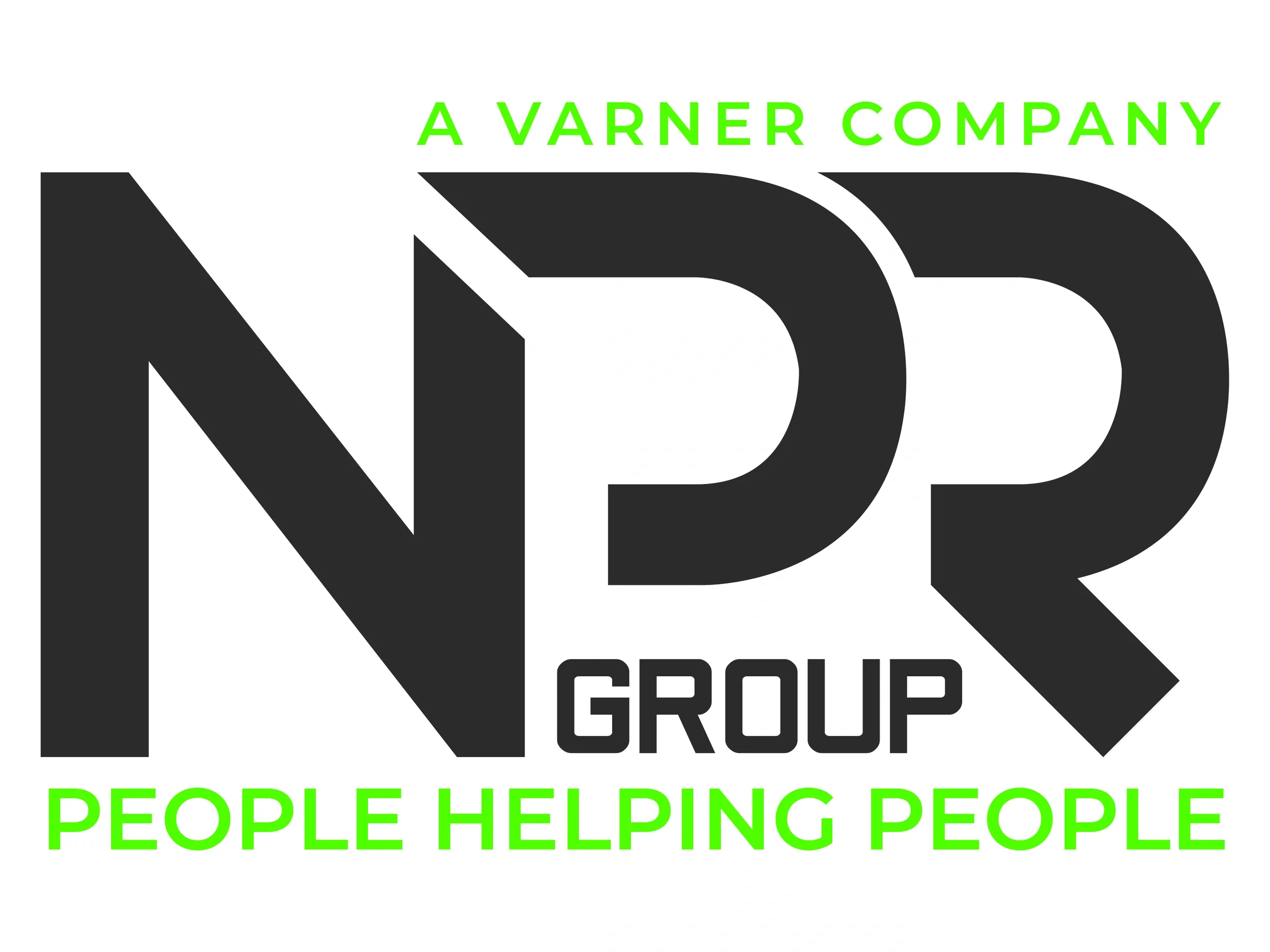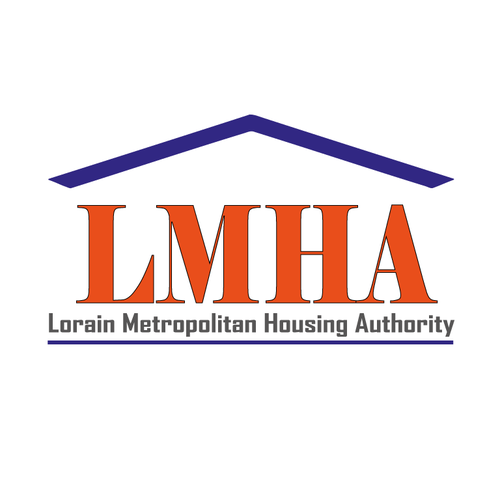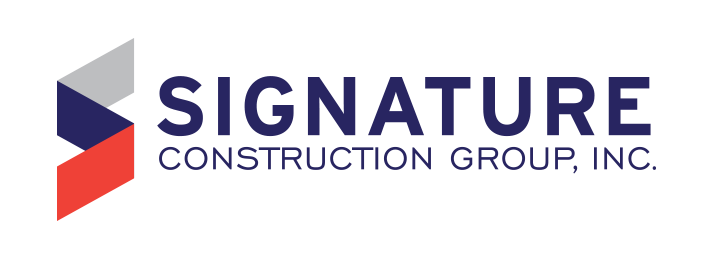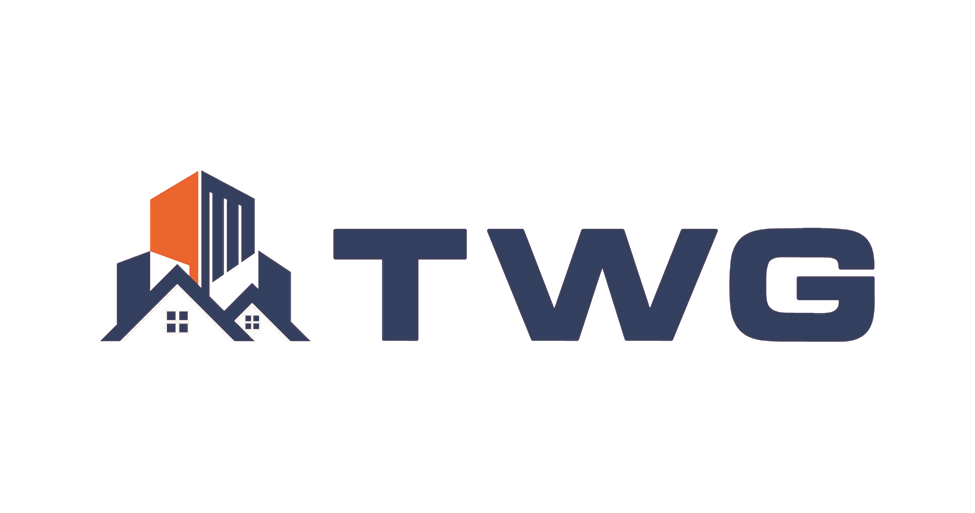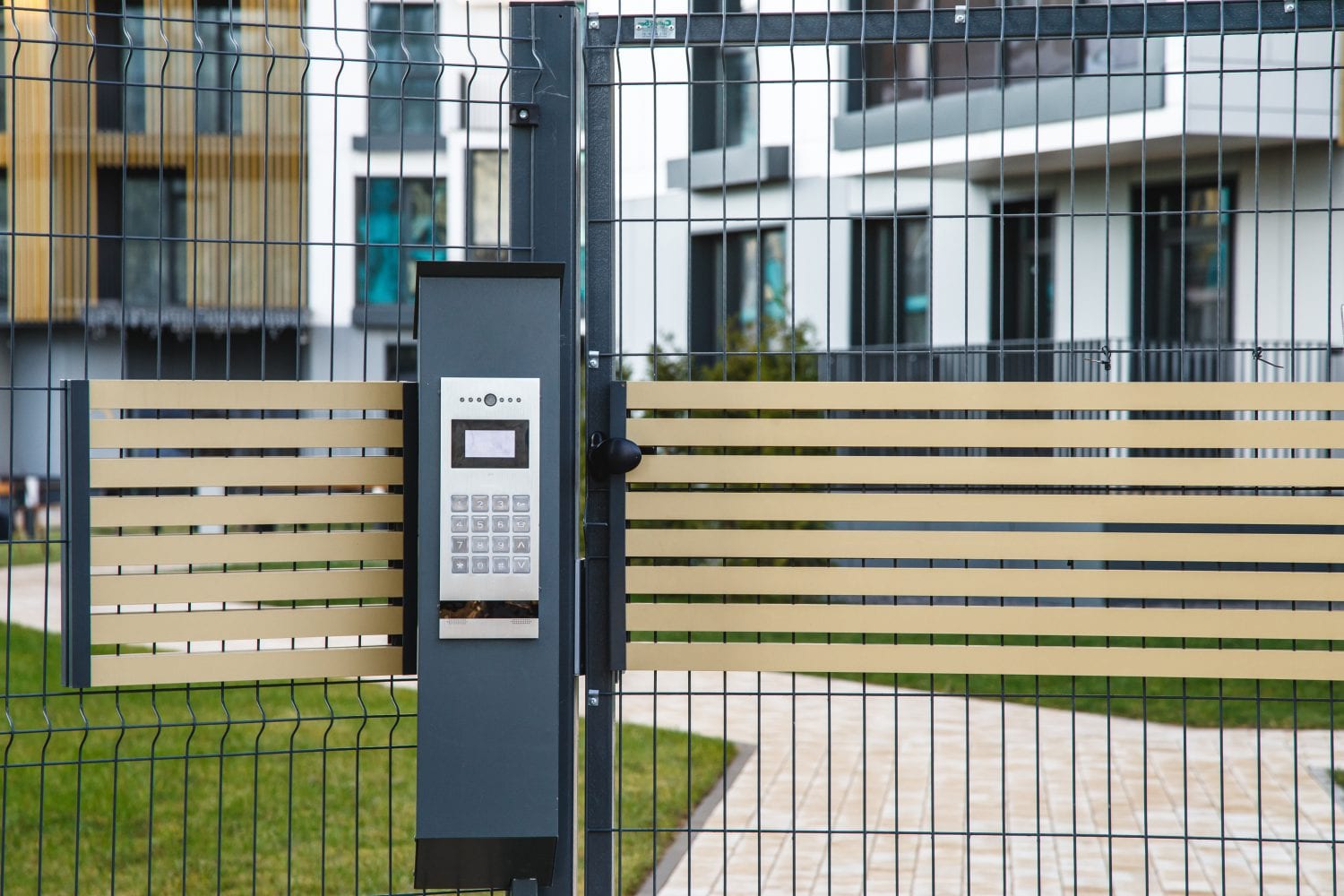
The Importance of Multi-Family Housing Security
Multi-family housing complexes are more than just buildings; they're communities where individuals and families should feel safe and secure. Prioritizing security in these environments is crucial for several reasons. Property owners and managers have legal and ethical responsibilities to ensure resident safety. Effective security measures significantly impact resident retention and satisfaction, as safety is a fundamental expectation of any living space. Additionally, maintaining a secure environment protects the property's reputation and brand image, which is essential for attracting new residents and maintaining property value.
Failing to implement adequate security measures can lead to severe consequences. Property owners may face legal liabilities in the event of incidents occurring on their premises, especially if they have not implemented sufficient security measures. Inadequate security can result in harm to residents or theft within the complex, potentially leading to costly legal disputes and damage to the property's reputation.
Access Control Systems
Access control is a fundamental aspect of multi-family housing security. An effective access control system serves as the primary barrier to unauthorized entry, ensuring that only residents and approved visitors can enter the property. These systems may range from traditional key cards and fobs to advanced biometric systems. When selecting an access control system, property managers should consider factors such as security level, reliability, performance, and return on investment. A well-implemented access control system not only restricts unauthorized access but also provides peace of mind to residents, knowing that their home is well-protected.
Schlage XE360: The Ultimate Wireless Lock Solution
OpenPath Intercom Reader Pro
Security Cameras and Remote Monitoring
Modern security strategies incorporate high-quality surveillance cameras and remote monitoring services. These tools offer continuous surveillance by trained security professionals, acting as a virtual security guard. Security cameras provide real-time monitoring capabilities and can be crucial in preventing break-ins and other criminal activities. The footage from these cameras can also serve as valuable evidence for resolving liability claims and aiding in the prevention of incidents such as package theft. Remote monitoring allows for constant vigilance, even when on-site security personnel are not present, providing an extra layer of protection for the property and its residents.
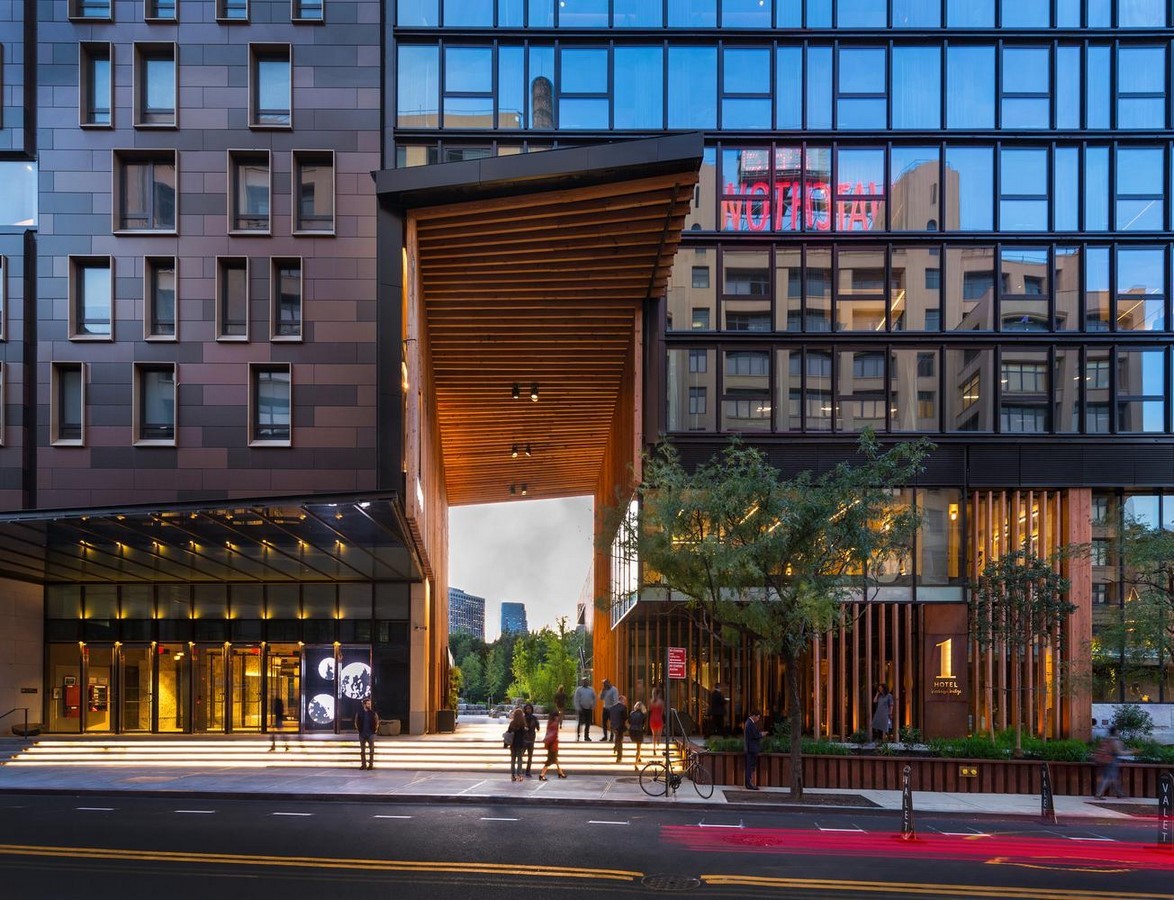
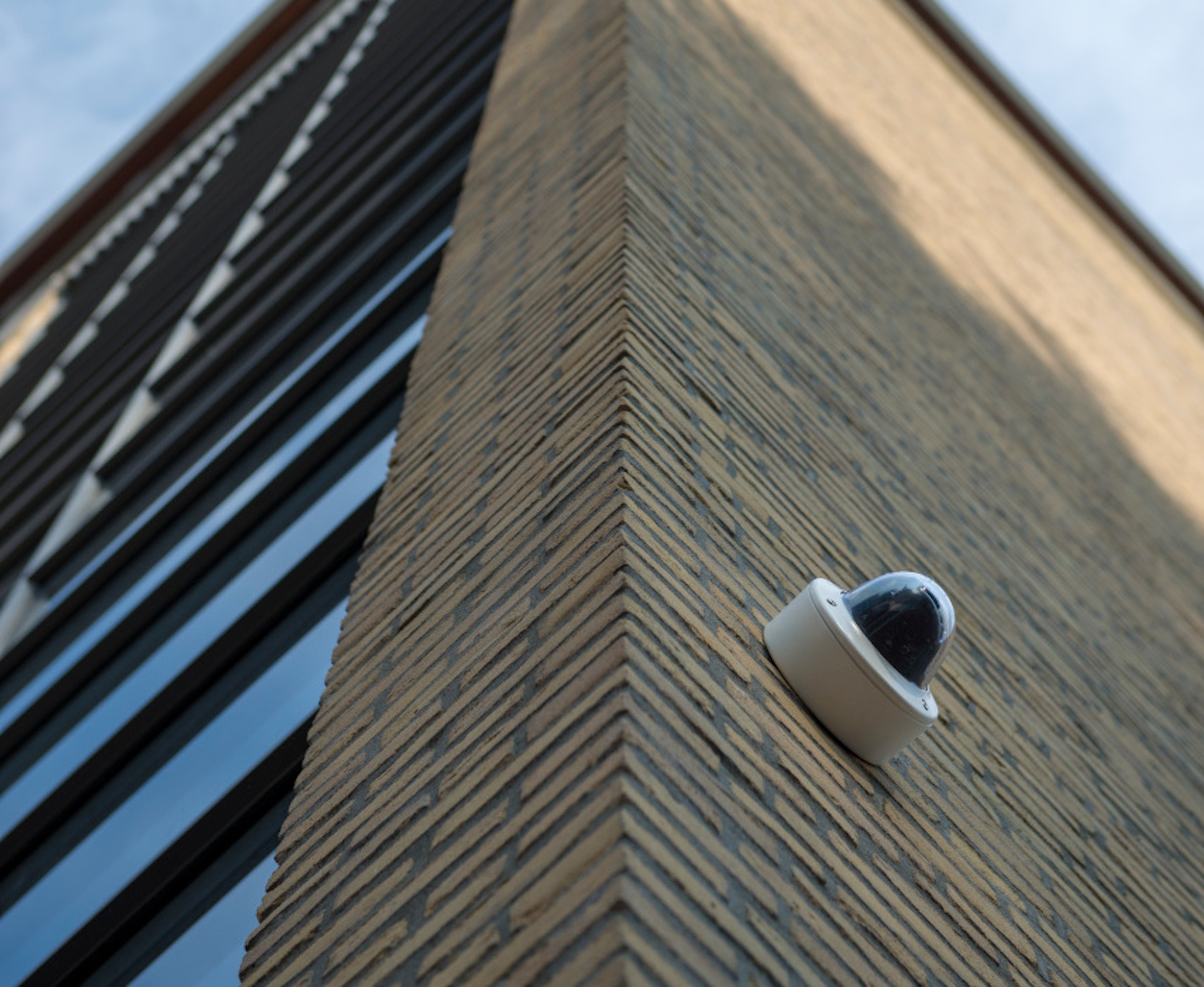
Well-Lit Common Areas
Proper lighting plays a significant role in deterring criminal behavior. Well-lit areas enhance visibility and minimize shadowed spaces that could potentially conceal illicit activities. Key areas to focus on include pathways, parking lots, hallways, and stairwells. Regular lighting audits should be conducted to ensure these areas remain adequately illuminated. By maintaining well-lit common areas, property managers can significantly contribute to the overall safety and security of the multi-family housing complex.
AI-Enhanced Video Surveillance
Artificial Intelligence has transformed video surveillance systems in multi-family housing. AI facilitates the scanning and analysis of video footage using advanced algorithms, enabling the detection of potential threats or suspicious activities in real-time. This technology contributes to the improvement of residential security by enabling the system to learn and adapt to various environments, resulting in enhanced control of access bandwidth and better utilization of storage space. AI-enhanced video surveillance offers increased accuracy, reduced costs, superior security, improved situational awareness, and the ability to provide quick and targeted responses to potential security threats.
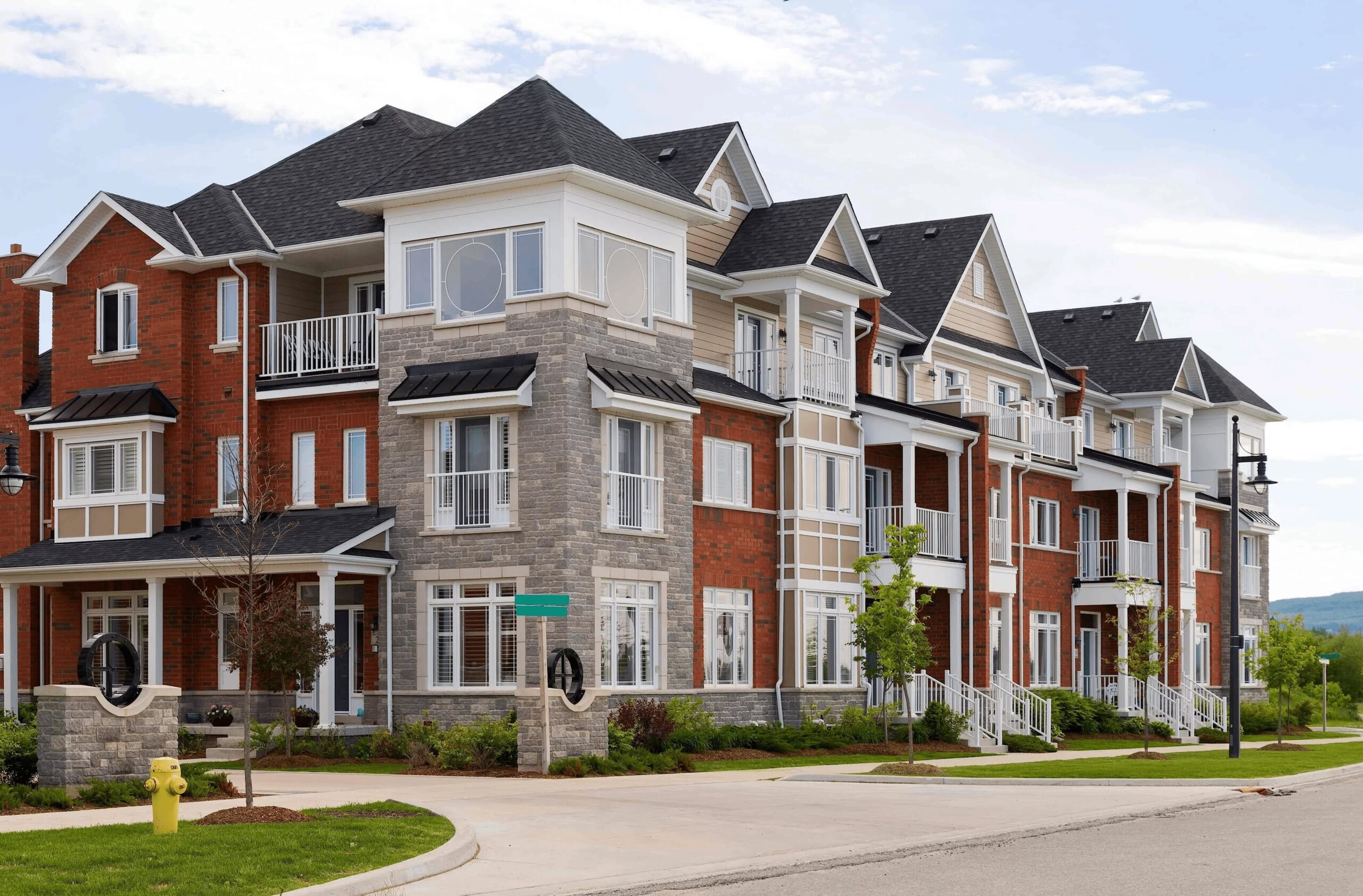
Mobile Apps for Resident Engagement
In an era where smartphones are ubiquitous, mobile apps designed for multi-family housing security have gained popularity. These apps offer a range of features including access control, surveillance camera integration, remote unlocking, and secure management of digital keys. Beyond providing security features, these apps engage residents in building security by allowing them to offer feedback, report security incidents in real-time, and receive crucial security updates. By leveraging mobile technology, property managers can create a more connected and secure living environment, where residents actively participate in maintaining the safety of their community.
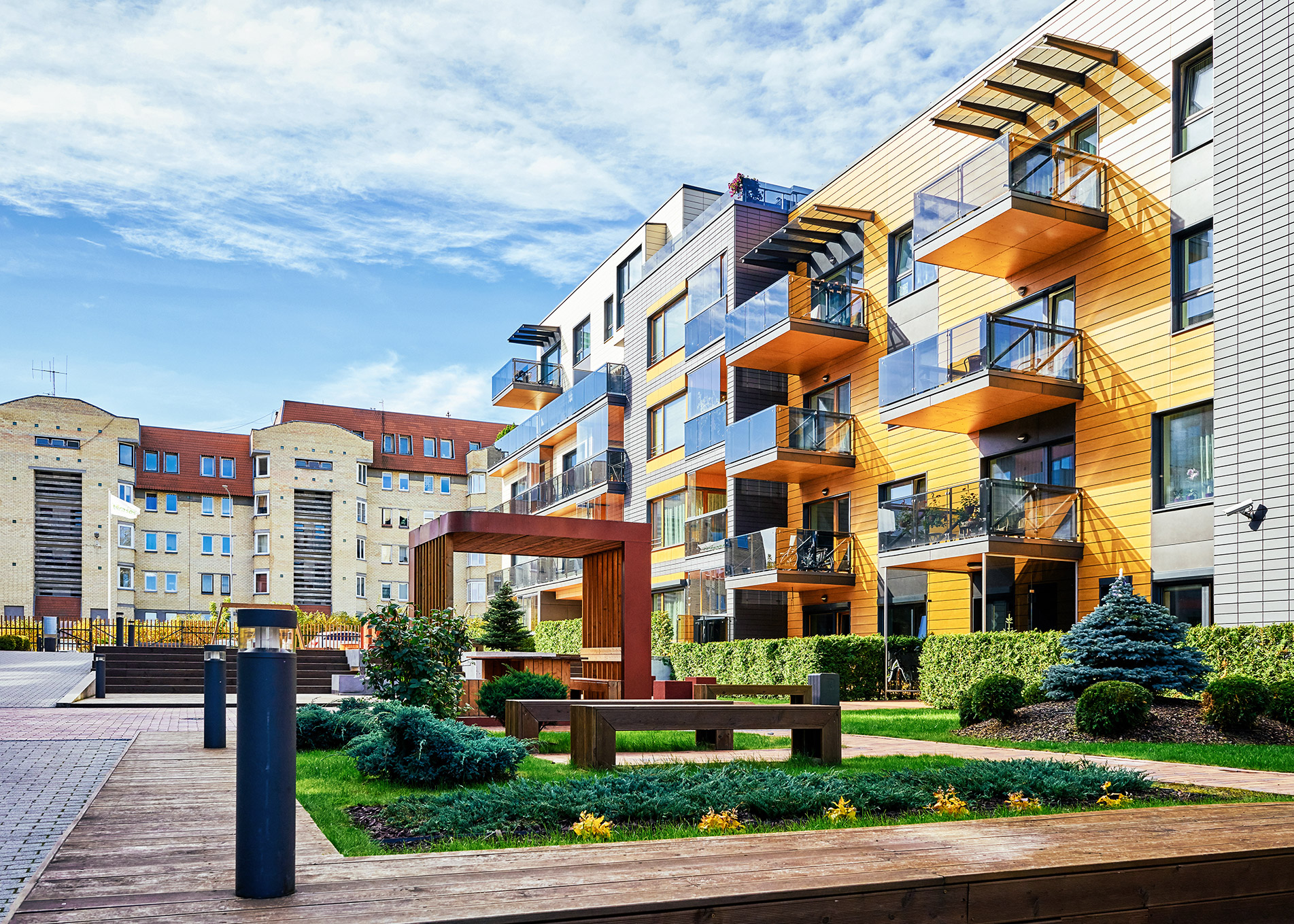
Collaborating with Local Law Enforcement
Partnering with local law enforcement is one of the most effective strategies to enhance the security of a multi-family housing complex. This collaboration offers numerous benefits, including shared information and resources, enhanced security through open dialogue, and improved coordination on crime prevention efforts. By working closely with law enforcement, property managers can gain valuable insights from professionals, improve communication and teamwork, and achieve quicker response times in the event of a security incident.
Property managers can provide law enforcement with crucial information, such as reports of suspicious activities, potential security weaknesses, and details of previous security incidents. In return, law enforcement can offer knowledge of regional crime trends and support in solving complex cases. This two-way information sharing creates a more robust security environment for the entire community.
Regular Security Assessments
Security is not a one-time effort but requires persistent management and continual enhancement. Regular security assessments are indispensable for identifying potential vulnerabilities and areas for improvement. These assessments help ensure that security measures remain effective and up-to-date. To maintain a high level of security, multi-family housing complexes should conduct security assessments one to two times a year, with the possibility of bi-annual audits for certain properties. These regular check-ups allow property managers to stay ahead of evolving security threats and adapt their strategies accordingly.
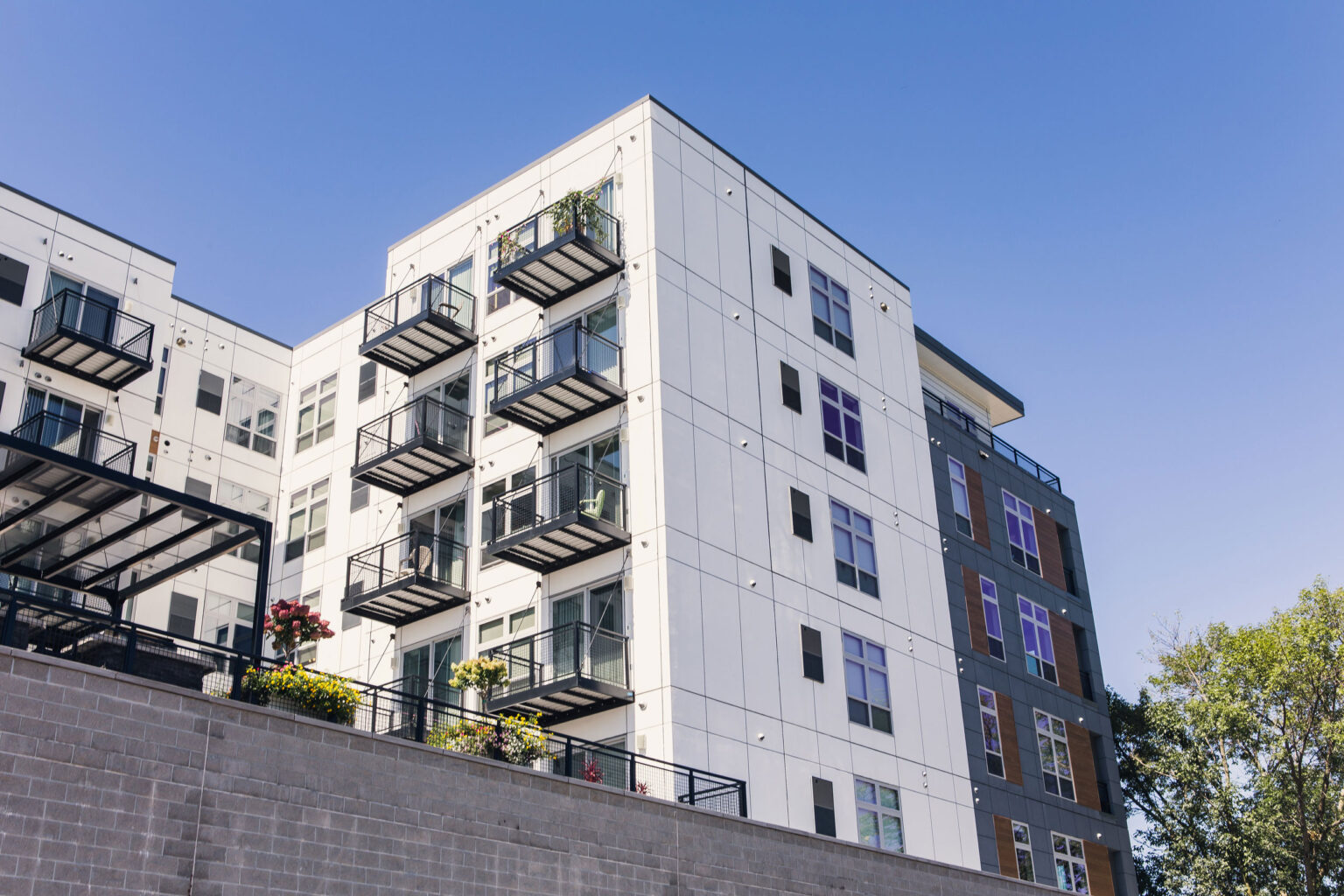
Continuous Improvement and Adaptation
Given the ever-changing landscape of security threats, continuous improvement is not merely a suggestion but a requirement. This involves maintaining responsive management and security personnel, conducting regular quality improvement and training, ensuring effective communication with residents, and reducing operating costs where possible. Property managers should develop robust incident response plans and utilize advanced security technology to stay current with the latest security trends.
Adapting current security measures to meet changing threats is crucial. Property management can adjust security measures by developing tailored strategies that take into account identified vulnerabilities and specific property characteristics. This proactive approach to security management ensures that the multi-family housing complex remains a safe and secure environment for all residents, regardless of emerging challenges.
By implementing these comprehensive security measures and maintaining a commitment to ongoing improvement, multi-family housing complexes can create a safe and secure environment for all residents, protect their reputation, and fulfill their legal and ethical responsibilities.
Some of Out Clients
